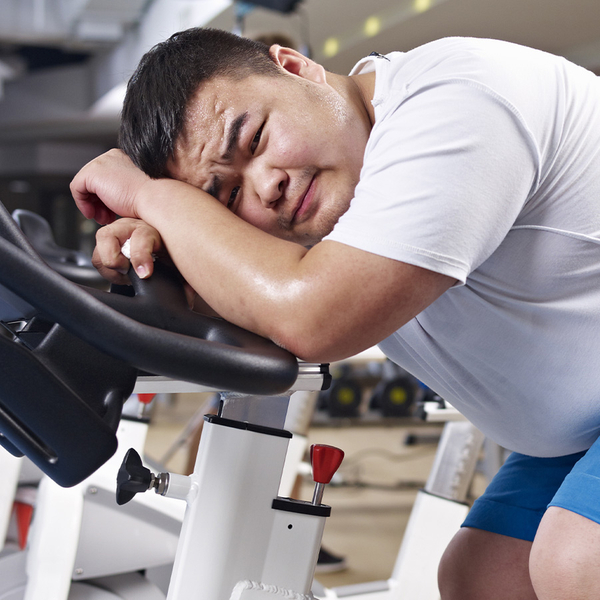Common Symptoms and Health Risks
Common Symptoms & Health Risks

Navigating the world of sleep disorders can be overwhelming, especially when grappling with the myriad of symptoms and potential health implications.
Sleep apnea, in particular, is a prevalent condition affecting countless individuals, yet remains largely misunderstood. By understanding its symptoms, risk factors, and associated health risks, individuals can make informed decisions about their health. At the Sleep Center of Littleton, our aim is to shed light on the causes and symptoms of sleep apnea, emphasizing its potentially significant impact on one's overall well-being, the importance of timely intervention, and how CPAP alternative treatments can help. Let’s explore the multifaceted aspects of this sleep disorder.

Causes And Symptoms Of Sleep Apnea
The apneic episodes happen when the airway opening is blocked while the patient is asleep. The culprit of the obstruction is the soft tissues at the back of the throat, which collapse when the patient is in a reclined position.
A spouse or partner may notice that the patient snores, which is a result of air passing through those soft tissues and creating noise. The partner may also detect the pauses in breathing. Patients who have sleep apnea may also frequently have sore throats, headaches, or dry mouth in the morning. Many patients notice daytime drowsiness, mood changes, and difficulty focusing or paying attention, too.

What Are The Risk Factors For Sleep Apnea?
Certain traits or lifestyle factors can increase a person’s risk of having sleep apnea. These include obesity, male gender (although the risk for women increases after they have completed menopause), large neck circumference, having an atypically small lower jaw, large tonsils, and hypothyroidism. You may also be more susceptible to sleep apnea if you drink alcohol before bedtime. Sedative or tranquilizer use can also increase a person’s risk of having sleep apnea, as can smoking.

Health Effects Associated With Sleep Apnea
Sleep apnea won’t just leave you feeling groggy and dragging through your day. It is associated with significant risks for your health, such as:
Heart disease
Stroke
Type 2 diabetes
Asthma
Metabolic Syndrome
Obesity
Alzheimer’s Disease
ADHD
Anxiety
Depression
Sleep apnea may also contribute to a weakened immune system, so reducing your risk of these problems is another compelling reason to pursue sleep apnea treatment. Schedule a consultation with Sleep Center of Littleton to learn more about treatment alternatives to CPAP.
What Our Patients Are Saying

Exceptional with the attention.
"Dr. Froning and the rest of the Sleep Center of Littleton team were exceptional with the attention and information I received during all of the appointments. I have experienced great benefits with the device and am getting better quality of sleep and decreased episodes of waking up at night."
- Gabriela Guzman

Ten out of ten stars!
"The people (Dr Froning, Alicia, Sarah, Lamar) are all outstanding! It is always a pleasure to see them or talk on the phone. I will HIGHLY recommend The Sleep Center to anyone thinking of going there. Ten out of ten stars!"
- Barb Loux

The team here was amazing.
"The team here was amazing, I’m so glad I got this device, Lamar was so helpful with everything and explained everything very well, I would definitely recommend them, this device saved my life."
- Jose Luna
